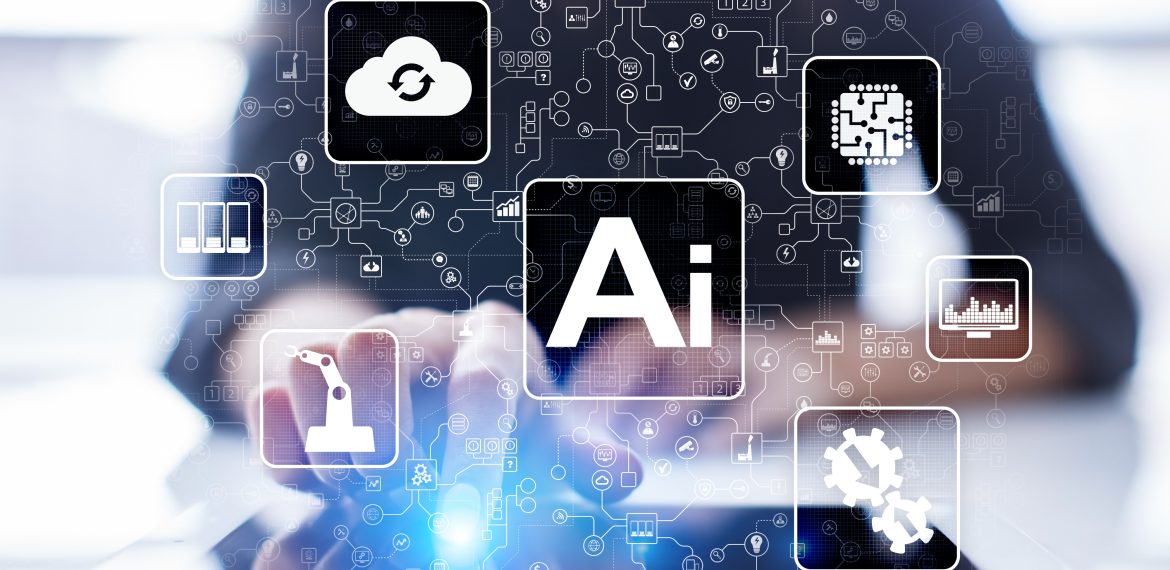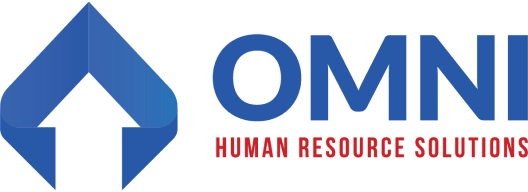
Artificial intelligence (AI) is constantly in the news; and it’s clear that the technology is here to stay. While AI has the power to transform the workplace, the outcome is heavily dependent on organizational leaders, in partnership with HR professionals, taking the time to fully understand the implications of AI use before diving into widespread use of this evolving technology. In this article, OMNI Senior Consultant Tom Nagel discusses the benefits and risks of AI use in the workplace and the importance of addressing the full spectrum of AI uses in a proactive manner.
In the human resources arena, rarely does a day pass without a news article about artificial intelligence (AI) in the workplace. And now the Federal government is beginning to weigh in on this previously unregulated technology.
- In May, the EEOC released guidance to aid employers in ensuring their use of AI in employment related matters doesn’t violate civil rights law.
- The Biden Administration issued an Executive Order in October intended to promote the “safe, secure, and trustworthy development and use of artificial intelligence.”
- The Biden Administration unveiled a plan last Wednesday to create the AI Safety Institute and made it clear that the private sector will be expected to step up in efforts to address the “dangerous capabilities” of the technology.
What all of this means is that by now, most HR professionals understand that AI is here to stay. But the potential risks and benefits of AI use in the workplace may not yet be clear to everyone. AI is, quite simply, the simulation of human intelligence processes by machines, particularly computer systems, and it has the potential to transform the workplace as we know it.
The Potential Benefits of AI
Organizations that can pivot into responsible use of AI applications will have a competitive advantage. However, before diving into widespread use of this evolving technology, employers should fully understand both the benefits and the potential dangers. The advantages of AI use in the workplace are many and can vary according to specific application and industry, but some are universally applicable across industries.
Automation: By allowing for the automation of routine and repetitive tasks, AI frees up employees to focus on more creative and strategic work. The result is increased efficiency and reduced likelihood of human error.
Cost savings: AI can lower operational costs by reducing the need for human intervention in routine tasks, which can lead to significant savings over time.
Communication & collaboration: AI-powered tools, such as those that facilitate virtual meetings, project management, and quick translation, can boost in-the-moment collaboration among team members, regardless of geographical location.
Data insights: AI offers the ability to gather and analyze complex data, uncovering valuable insights that can help organizations better understand and respond to operational needs, customer experience, and market trends.
Enhanced security: AI can be used to identify and respond to security threats and anomalies, helping to protect sensitive data and systems from cyberattacks. This is particularly meaningful in today’s hybrid work environment.
Personalization: AI can be used to tailor experiences and recommendations for employees and customers. For example, it can create personalized learning plans for employees or recommend products to customers based on their preferences.
Unbiased decision making: AI can provide valuable – and unbiased – insights and recommendations to aid decision-makers in making better-informed choices that impact hiring, resource allocation, and investment decisions.
Areas of Concern
Though using AI in the workplace offers great potential for positive change, organizations must address a host of ethical, legal, and practical concerns and challenges to ensure responsible use of the technology. These include:
Built-in bias: AI systems can promote existing biases in the data they are trained on, leading to bias in key decisions regarding hiring, promotions, and other employment-related matters.
Job displacement: The automation of tasks through AI could lead to job losses in certain industries and roles, with significant economic and social implications.
Accountability: If using AI technology leads to an error or a biased decision, determining who is at fault will be challenging. Organizations will need to put a plan into place for assigning responsibility and accountability.
Regulatory compliance: AI could raise a number of complex legal and regulatory issues, including concerns about complying with privacy laws and industry-specific regulations.
Lack of humanity: AI lacks the capacity for creativity and critical thinking. It can mimic patterns and generate accurate work, but it can’t process abstract concepts or create a completely new idea. Nor is AI capable of empathy or emotional intelligence. These are uniquely human qualities.
Data privacy: The collection and analysis of vast amounts of data using AI raises concerns about data privacy, along with how personal information is handled and protected. Organizations will need to have robust data protection policies in place to prevent misuse of data.
Legal risk: Poorly built AI systems leave organizations open to discrimination claims. Organizations must ensure the use of AI doesn’t adversely impact employment-related decisions. The EEOC has made AI a key focus.
Employee resistance: The use of AI in the workplace may be met with fear, skepticism, and resistance, due to employee fears about change or even job loss. Successful adoption depends on education and transparency.
Addressing these concerns requires a blend of technical, ethical, and policy-based solutions. Organizations should address these concerns through careful planning, transparent practices, ethical guidelines, and ongoing employee education. OMNI stands ready to assist your organization in this rapidly changing landscape. Contact us now for a free consultation.
